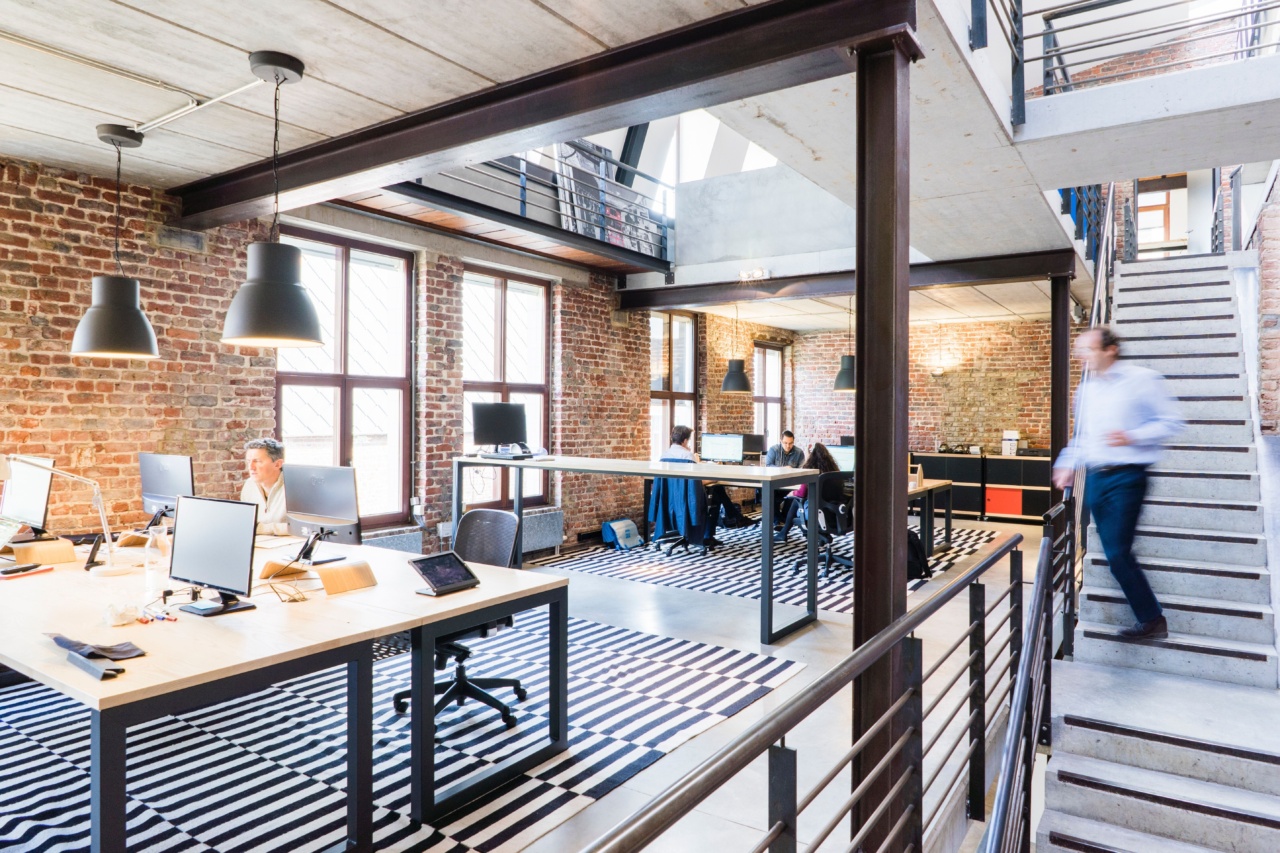In today’s fast-paced work environment, many office workers find themselves having to eat their meals at their desks.
It has become a common sight to see colleagues hunched over their keyboards, munching on their lunch or snacking on unhealthy treats throughout the day. This trend, however, is not without consequences.
The Habit of Desk Dining
Desk dining has rapidly become the norm for many office workers. The demands of the job often leave little time for dedicated lunch breaks, and many employees feel pressured to continue working while they eat.
As a result, they opt to eat at their desks for convenience and to maximize productivity.
The Dangers of Mindless Eating
Eating at one’s desk can lead to mindless eating. When engrossed in work, people tend to eat quickly and may not even register how much they are consuming.
This may lead to overeating and weight gain, as snacks and meals are mindlessly consumed throughout the day without proper portion control or conscious eating habits.
The Impact on Digestion
Eating at a desk can also negatively affect digestion. Sitting in a fixed position and eating quickly can lead to indigestion, bloating, and discomfort.
Additionally, multitasking while eating can divert blood flow away from the digestive system, leading to inefficient digestion and nutrient absorption.
Poor Eating Choices
When office mates dine at their desks, they often succumb to poor eating choices. Pre-packaged snacks, take-out meals, and vending machine treats become the go-to options, as they require minimal preparation and are easily consumed.
These choices are often high in calories and lacking in essential nutrients, contributing to an unhealthy diet.
Social Isolation
Eating at one’s desk also eliminates an essential aspect of office life – social interactions during mealtimes. Sharing a meal with colleagues can foster a sense of camaraderie and provide a much-needed break from work-related stress.
By isolating themselves at their desks, individuals miss out on the benefits of socializing and building connections.
The Role of Physical Inactivity
Sitting at a desk for prolonged periods already poses a risk to one’s health. When coupled with desk dining, the level of physical inactivity increases.
Taking a proper lunch break allows for a change of environment and an opportunity to stretch one’s legs. By staying glued to their desks, office mates miss out on valuable movement and contribute to a sedentary lifestyle.
The Importance of Mental Detox
Stepping away from work during mealtimes provides a mental break, allowing individuals to recharge and refocus. Taking time to relax, enjoy a meal, or engage in non-work-related activities can enhance creativity and productivity upon returning to work.
By choosing to dine at their desks, office mates deny themselves this vital mental detox.
Encouraging a Healthy Shift
It is essential for employers and employees to recognize the negative consequences of desk dining and work together to encourage healthier habits. Here are a few suggestions:.
1. Promote Dedicated Lunch Breaks
Companies should encourage and enforce dedicated lunch breaks, providing employees with a set period of time to step away from their desks and eat mindfully.
2. Create a Social Eating Area
Designating a communal space where employees can eat together encourages social interaction and builds a sense of community within the workplace.
3. Provide Nutritious Food Options
Employers should consider offering healthier food options in the office, such as fresh fruits, vegetables, and whole grain snacks. This promotes better eating choices and supports overall employee well-being.
4. Educate Employees on Healthy Eating Habits
Workshops or seminars focused on the importance of mindful eating, portion control, and the benefits of a balanced diet can help employees make informed choices about their food consumption.
5. Encourage Physical Activity
Encouraging office mates to engage in physical activity during lunch breaks, such as going for a walk or participating in a group exercise class, can break the cycle of sedentary behavior and contribute to overall health and well-being.
The Importance of Striking a Balance
While it may not always be possible to eliminate desk dining entirely, it is crucial to strike a balance between work and personal well-being.
Taking regular breaks and consciously choosing healthy eating options can go a long way in improving the health and satisfaction of office mates.






























